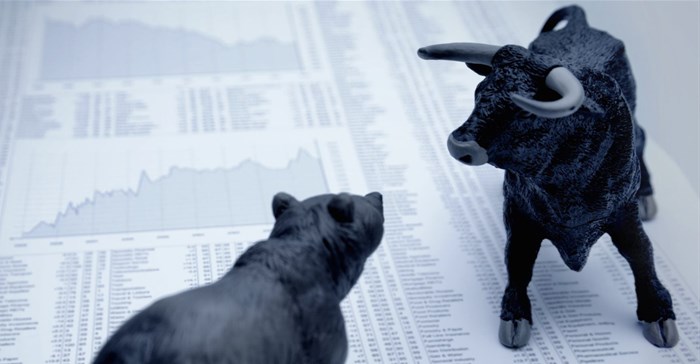






South African investors are acutely aware of this and threats closer to home – notably the fiscal and economic impacts of the increased assistance given to Eskom by the government.
While the clarion call to diversify one’s investments globally is as loud as ever, investors are also understandably uneasy about switching into developed markets at such a juncture, particularly the largest of them all, the US.
Bears point out that in the US, the flattening and inverting of the yield curve (when the gap in yields between shorter dated and longer dated bonds narrows and then becomes negative) is seen by many as a harbinger of a recession. They add that this could be triggered by a further rise in hostilities in the Sino-US trade war.
Europe, the other important developed market, has seen its leading economic indicators declining this year. Like emerging markets, Europe's economic prospects are heavily linked to those of China, through its export sector. Bears add that government policy uncertainty, driven by populist leaders in key economies – of which trade wars are a by-product – is also on the rise, increasing the chances of policy mistakes.
Bulls counter this by pointing out that the world’s leading developed market central banks – and many emerging market central banks – have switched to more accommodative policies. This is in response to weaker economic activity and the absence of inflationary pressure in all of the world’s major economies.
This they argue, should bode well for equity markets – despite the US currently enjoying its longest expansion in history (121 months as of July). Jobless claims, which are also used by market analysts to assess the likelihood of recession, are at multi-decade lows – indicating no recession on the immediate horizon.
So how does the average investor reconcile these two different views? Is it possible to participate in any further upside in developed markets while enjoying downside protection, in case the bear market scenario plays out?
One answer has been to look at the world of structured products. Structured products provide a useful tool for investors to take a particular view on a market or index for a defined period, while enjoying a degree of downside protection should the view not materialise.
Structured products have an excellent track record of delivering performance while protecting capital. Melissa Dyer, managing director of Harbour Wealth, says: “We have seen structured products perform increasingly well as they have become more responsive to market opportunities and simpler in their structure.
“And through structured products investors can take a view on most of the world’s leading stock indices, in different currencies. This sort of choice and availability is especially attractive for investors with specific investment goals in mind, as well as in post-retirement,” adds Dyer.